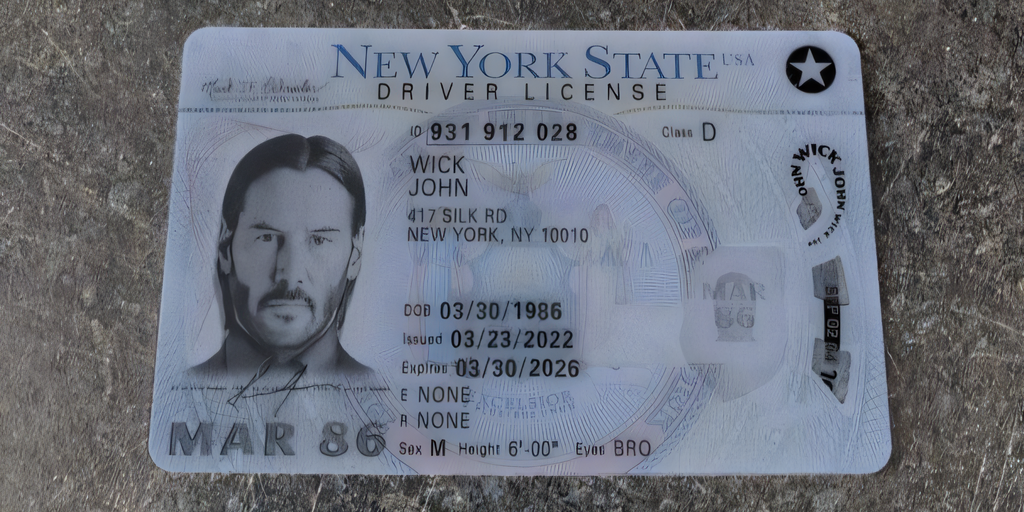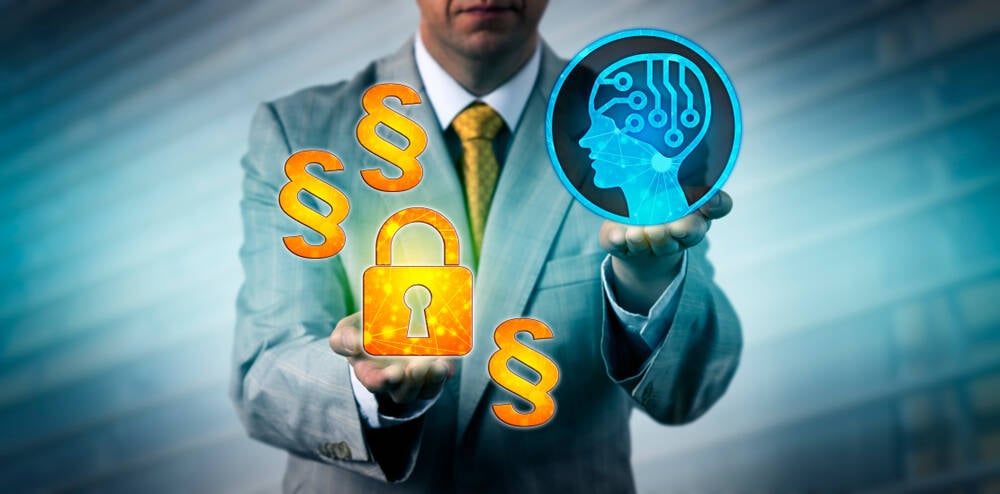Common measures in place to combat financial fraud, such as anti-money laundering (AML) protocols and know-your-customer (KYC) requirements, are facing a formidable challenge from artificial intelligence (AI).
A clandestine service named OnlyFake is utilizing “neural networks” to produce top-notch counterfeit IDs. As per a report from 404 Media, individuals can acquire these convincingly realistic fake IDs for a mere $15, potentially facilitating various illicit undertakings.
Although the original OnlyFake Telegram account, the primary interface for customers, has been closed down, the new account heralds the conclusion of the Photoshop era. It proudly touts its ability to mass-produce documents using advanced “generators.”
The individual behind the site, operating under the pseudonym John Wick, mentioned that the service has the capacity to generate hundreds of documents in batches from an Excel dataset.
Innovative Techniques
The OnlyFake service predominantly relies on basic AI technology, albeit with a high level of sophistication. By employing Generative Adversarial Networks (GANs), a type of AI, developers can create one neural network optimized to deceive another network designed to identify fake content. Through continuous interactions, both networks evolve and enhance their abilities to generate and detect counterfeits.
Another method involves training a diffusion-based model with an extensive, meticulously curated dataset of authentic IDs. These models excel at producing highly realistic images by learning from vast datasets of specific items. They master the replication of intricate details, making the counterfeit documents nearly undetectable by conventional forgery detection techniques.
Considerations for Engagement
While OnlyFake may be enticing for those seeking to avoid using their genuine identities, engaging with such a service raises ethical and legal concerns. Despite the allure of anonymity and convenience, these operations operate on precarious ethical grounds.
Given that OnlyFake dispenses fake IDs from multiple countries, including the U.S., Italy, China, Russia, Argentina, the Czech Republic, and Canada, this illicit enterprise has undoubtedly attracted the attention of law enforcement agencies worldwide.
Furthermore, the risks extend beyond legal repercussions. John Wick could potentially maintain a client list, posing a significant threat to both OnlyFake and its users. With over 600 members in the new OnlyFake Telegram group, the majority of whom could be traced back through their linked phone numbers, anonymity is far from guaranteed.
It is crucial to note that while cryptocurrency payments offer a degree of privacy, they do not guarantee complete protection from identity exposure. Numerous services claim the ability to track crypto transactions, eroding the anonymity traditionally associated with digital currencies.
Most notably, the purchase of fake IDs directly contradicts AML and KYC regulations, ostensibly established to combat terrorist financing and other illicit activities.
Although business may be thriving, one must consider whether the potential consequences outweigh the swift, affordable convenience offered by such services.










